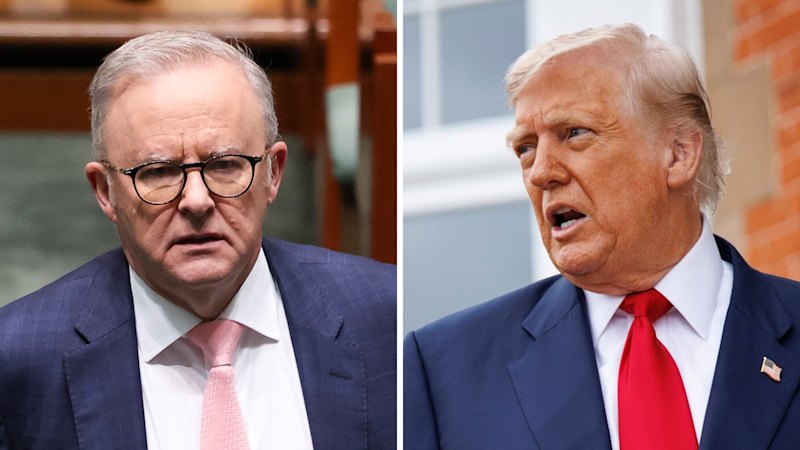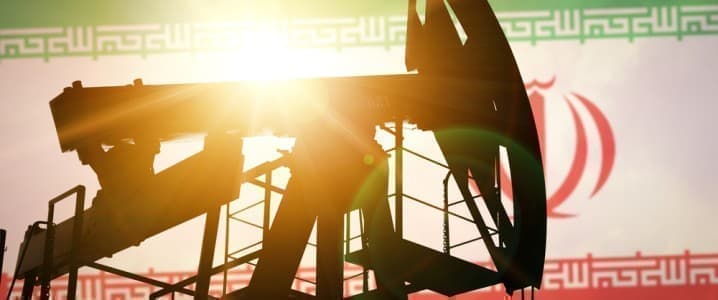
Australian Prime Minister Anthony Albanese recently announced a formal recognition of Palestine, a move that has generated significant political reactions on the international stage. This decision has drawn criticism from the United States, with the US Ambassador to Israel expressing “disappointment and disgust” over Australia’s stance.
The recognition of Palestine marks a pivotal moment in Australian foreign policy and has raised questions about the future of the Israeli-Palestinian conflict. As October 2023 unfolds, global eyes are turning towards the United States, as many anticipate how the Biden administration will respond to this shift.
Reactions from the United States
Following the announcement, US Ambassador to Israel, Thomas Nides, emphasized the US perspective, stating that such actions could disrupt the delicate peace process in the region. “We believe that recognizing Palestine at this time is not conducive to the peace efforts,” he remarked during a press briefing. His comments highlight the ongoing tension surrounding diplomatic recognition and the impact it may have on international relations.
Israeli officials have also expressed their concerns. A spokesperson for the Israeli Ministry of Foreign Affairs stated, “Australia’s decision undermines our efforts for peace.” This sentiment reflects a broader anxiety within Israel regarding international support for Palestine, which they fear could embolden militant groups.
The Broader Implications
Albanese’s recognition has led many to question the role of the United States moving forward, as it has traditionally been a key player in mediating peace talks between Israel and Palestine. Analysts suggest that the world is now waiting to see how the US will adapt its foreign policy in light of Australia’s decision.
Public opinion in both Israel and the Palestinian Territories appears divided. Many Palestinians view this recognition as a long-overdue acknowledgment of their statehood, while some Israelis see it as a threat to their security and sovereignty.
The diplomatic landscape is shifting, with calls for a renewed focus on dialogue between the two parties. This recognition may serve as a catalyst for further discussions about the future of the region. As the situation develops, the international community remains vigilant, hoping for a resolution that honors the rights and aspirations of both Israelis and Palestinians.
As tensions continue, the actions of global leaders, particularly those of the United States, will be crucial in shaping the path forward. International observers are keenly aware that the implications of Albanese’s decision extend far beyond Australia, potentially influencing broader geopolitical dynamics in the Middle East.






